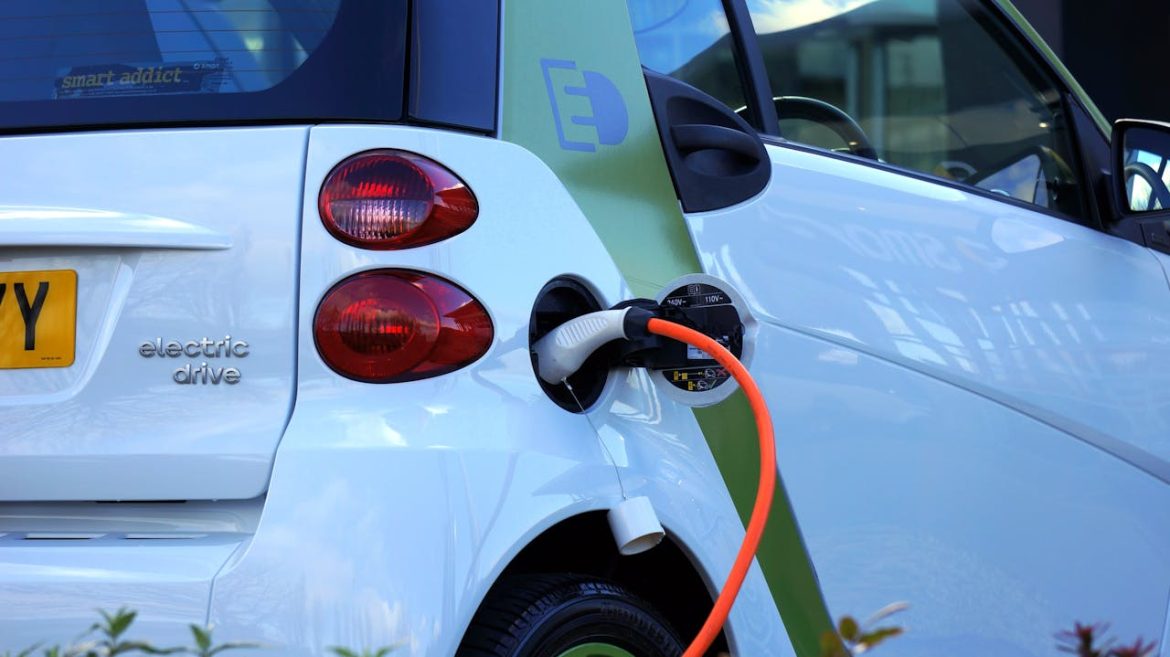Europe, with its strong environmental awareness and ambitious commitment to reducing carbon emissions, is at the forefront of the transition to electro-mobility. This transition is underpinned by the exponential growth of the EV market, which promises to change the automotive industry and consumer mobility habits.
However, the success of this green revolution depends to a large extent on the charging infrastructure. Among the available solutions, fast charging is becoming a decisive factor in promoting the uptake of electric vehicles, offering users a convenient and efficient experience, especially on long journeys.
The market for electric vehicles in Europe is not only growing rapidly, but is also at the forefront of an industrial and environmental revolution. Thanks to favourable policies and growing environmental awareness, European consumers are increasingly turning to electric vehicles as a viable alternative to combustion cars.
Europe stands out for the rapid uptake of electric vehicles, driven by government incentives, stringent CO2 emission regulations and growing consumer interest in clean technologies. Statistics show that EV registrations are steadily increasing, with countries such as Norway, France and Germany leading the way. The expansion of the charging point network is also contributing to this trend.
Increased battery life and availability of fast charging stations for electric cars
Analysts predict that the market for electric vehicles will continue to grow rapidly over the next decade. Technological advances will reduce costs and extend battery life, making EVs more attractive to consumers and fuelling the growth of the EV market.
In addition, the commitment of car manufacturers to expand the range of electric vehicles shows that the choice and quality of vehicles available will continue to improve.
Charging infrastructure is key to the uptake of EVs. It comes in different forms, adapted to different user needs and situations. Fast charging stations are equipped with standard connectors, making them compatible with a wide range of electric vehicles. These standards ensure not only safe charging, but also communication between the vehicle and the charging point to optimise the charging process.
The main value of fast charging stations is their ability to significantly reduce the time needed to charge an electric vehicle. This is an undeniable advantage for drivers, especially on long journeys where time is a critical factor. Fast charging stations bring the EV charging experience closer to that of a traditional filling tank, making EVs more attractive for everyday use and long-distance trips.
Tools such as Electromaps remain easily accessible, allowing users to quickly find charging points, efficiently plan journeys and charge directly at thousands of charging points from different operators using a single app. This makes long-distance trips with electricity even more convenient and easier to implement.
The integration of fast charging stations poses challenges for network management, in particular in terms of energy demand. These stations require a large amount of energy in a short time, which can lead to peaks in demand. Energy suppliers and grid operators need to anticipate and manage these fluctuations in order to maintain grid stability. Solutions such as energy storage, smart charging and dynamic pricing are being explored and implemented to address these challenges.
Several case studies from across Europe illustrate the successful deployment of fast charging stations. Countries such as Norway and the Netherlands have been leaders in the deployment of this type of infrastructure. These initiatives demonstrate the commitment of national and local stakeholders to electromobility, often supported by public-private partnerships and government incentives.
EV charging challenges – high costs of setting up stations and adapting electricity grids
Energy suppliers and grid operators need to anticipate and manage these fluctuations to maintain grid stability. Solutions such as energy storage, smart charging and dynamic pricing are being explored and implemented to address these challenges.
Charging infrastructure is also currently a regulatory issue in Europe, with ambitious targets set to support the uptake of electric vehicles. The Council of the European Union and the European Parliament have reached a provisional agreement on the installation of fast charging stations. Under the agreement, charging points with a minimum capacity of 400 kilowatts must be installed every 60 kilometres on major roads. The aim of this ambitious effort is to ensure that drivers of electric cars can travel throughout Europe confident that they will find fast and affordable charging points.
While the future of fast charging stations is promising, there are challenges that need to be addressed to ensure the efficient and sustainable deployment of these technologies. Key technical challenges include adapting existing electricity grids, building a smart charging system and ensuring interoperability of charging services across Europe. From an economic point of view, the high initial costs of installing fast charging stations and the need for viable business models that guarantee a return on investment must be taken into account.
The fast charging sector is constantly evolving as innovations in battery technologies, charging systems and business models are introduced. These innovations are essential to reduce costs and improve the efficiency of fast charging stations. The future of fast charging is promising, with forecasts showing that it will be increasingly integrated into urban and inter-urban infrastructure. Cooperation between governments, industry and consumers will be essential to create a robust and user-friendly charging ecosystem that can support the transition to sustainable mobility in Europe.
Author: Rolands Petersons, logistics expert



